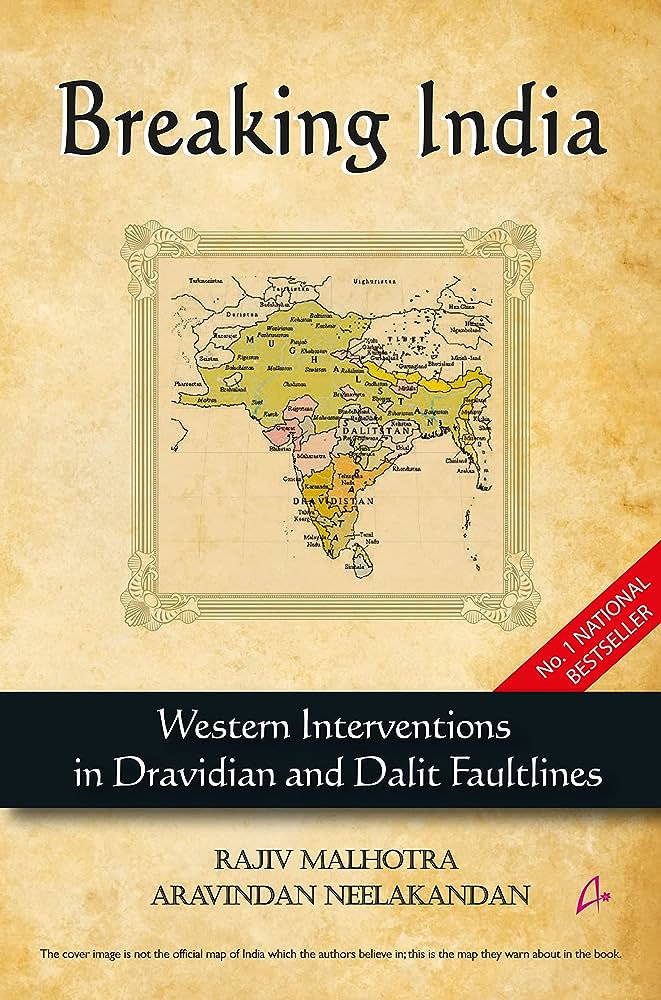Here are the key highlights and reasons for the positive rating of this book:
-
Challenging Paradigms: "Breaking India" challenges conventional narratives and paradigms by shedding light on how Western institutions, think tanks, and funding have played a role in shaping identity politics in India, particularly within the Dravidian and Dalit movements.
-
Research and Documentation: The authors provide extensive research, documentation, and references to support their claims, making this book a valuable resource for readers seeking a deeper understanding of the issues discussed.
-
Critical Analysis: The book offers a critical analysis of various theories and ideologies that have been promoted and exported to India, raising questions about their impact on social and political dynamics.
-
Provocative Insights: The provocative nature of the book encourages readers to reexamine their assumptions and question the influence of external forces on India's internal affairs, fostering a more nuanced and critical perspective.
-
Complex Subject Matter: The book tackles complex and multifaceted subjects, such as identity politics, cultural interventions, and the role of foreign funding, and provides readers with a comprehensive examination of these issues.
However, there are certain aspects of the book that might not appeal to all readers:
-
Controversial Claims: Some readers may find the book's claims and assertions controversial or polarizing. The authors' strong critique of Western interventions may not sit well with everyone.
-
Complexity: The subject matter is complex and multifaceted, and readers may need a foundational understanding of Indian politics and history to fully grasp the arguments presented.
-
One-Sided Perspective: The book primarily focuses on external influences and their potential negative consequences. A more balanced examination of the complexities involved in Indian identity politics could provide a broader perspective.
In conclusion, "Breaking India: Western Interventions in Dravidian and Dalit Faultlines" by Rajiv Malhotra and Aravindan Neelakandan is a thought-provoking and meticulously researched exploration of the influence of Western interventions on India's socio-political landscape. It challenges prevailing narratives and offers readers an opportunity to consider the complexities of identity politics and cultural influences in the country. While the book's controversial nature and one-sided perspective may not resonate with everyone, it serves as a significant contribution to the ongoing discourse about external influences on India's internal affairs.




Comments (0)